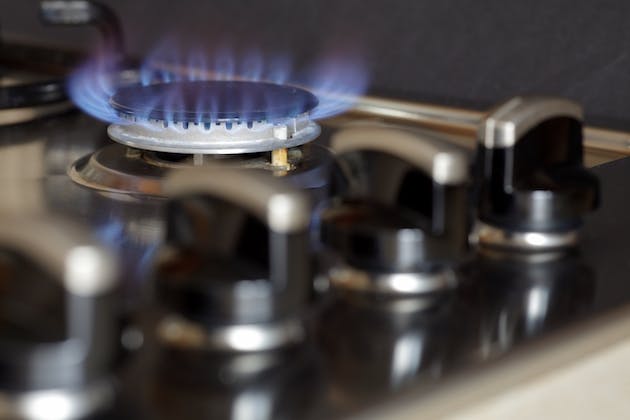When it comes to gas safety, you can never be too careful. While gas fires are becoming less common in modern homes with the growing use of induction hobs, there are still some things you can do to minimise gas risks at home. We've put together a list of basic suggestions to help you carry out our basic maintenance to minimise any chances of something going wrong!

Ventilation is important now more than ever
While it might not seem like the most important thing in the world, ensuring that your gas appliances have adequate ventilation to perform correctly is required when it comes to gas safety. We advise that you check that your house's air vents or chimneys are not clogged, since this might prevent a fresh supply of air from moving throughout your home. Not only that, but it also contributes to a better living environment by preventing dust accumulation, which is now more important than ever before following the respiratory struggles that many have had off the back of the COVID-19 pandemic.
Always hire a Gas Safe registered engineer
You must ensure that anybody you hire to install, repair, or service any gas appliances in your house are Gas Safe registered. Simply ask the heating engineers you've hired to show you their Gas Safe ID to discover whether they're Gas Safe.
Engineers that are Gas Safe qualified are highly trained to guarantee that all work is conducted safely, providing you peace of mind. Look at the back of the Gas Safe ID card to see which appliances they are certified to work on.
Because they are not certified to provide gas services, unregistered gas engineers should not be recruited to work in your house.
Get your boiler serviced annually
Booking an annual boiler service guarantees that your boiler is operating safely and effectively. When you call us to service your boiler, we will carefully test and check all of its components to ensure that your boiler is both operating safely and also is working at its optimum level.
Invest in a CO2 alarm
A carbon monoxide detector aids in the detection of carbon monoxide in your house. A gas leak might occur if gas appliances are not properly installed or have adequate ventilation. Carbon monoxide (CO) is a dangerous gas produced when carbon-based fuels like gas, oil, wood, and coal are burnt inefficiently. These fuels are safe to use and only represent a risk when excessive CO is produced when the fuel is not burned properly.
When CO enters the body, it prevents blood from transporting oxygen to cells, tissues, and organs. It is critical to recognise the symptoms of CO poisoning. Some of the symptoms to look out for include headaches, dizziness, nausea, shortness of breath, and, in the worst-case scenario, a collapse and loss of consciousness.

